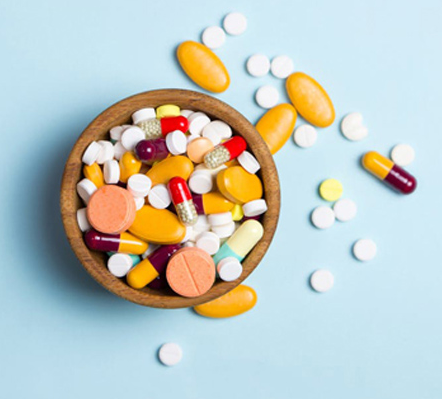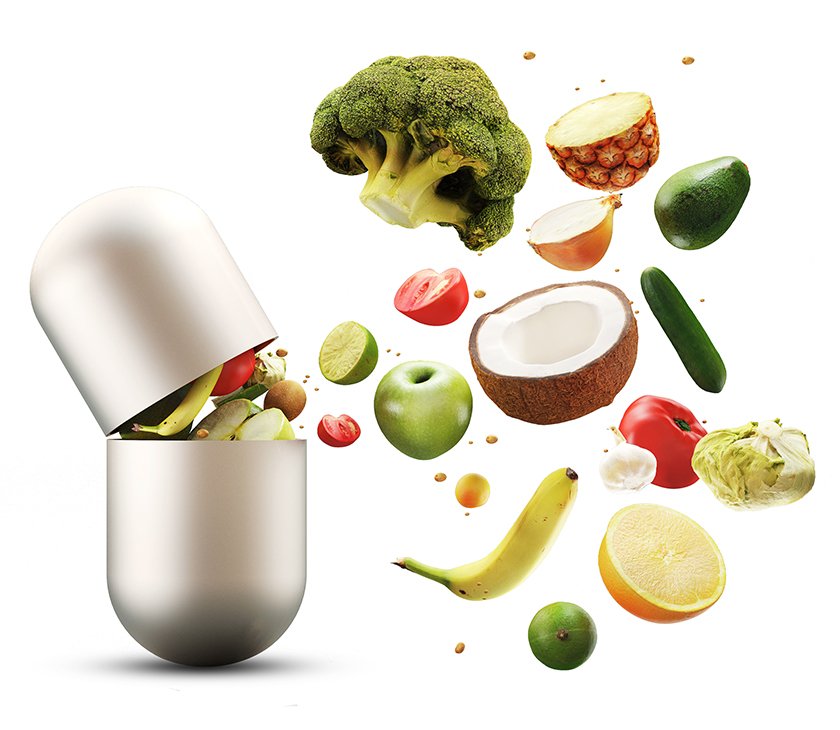
Pharmaceutical Tablet Manufacturing Process – For decades, tablets have been present and hold an essential role in the treatment process. A tablet is a solid form of medication that contains active ingredients and other pharmaceutical substances. The manufacturing process of pharmaceutical tablets involves numerous considerations and the use of cutting-edge machinery specifically designed for this purpose.
The Indian market for pharmaceutical tablets is highly diverse, encompassing various shapes, sizes, thicknesses, and dissolution characteristics. The demand for these tablets is influenced by factors such as population size, healthcare awareness, and the prevalence of chronic diseases.
India's pharmaceutical manufacturing industry is robust and projected to reach $55 billion by 2023. The industry's supply chain is well-established, with both multinational and domestic companies investing in advanced facilities and stringent quality control measures. The export of tablets contributes to the economy and helps meet global healthcare needs. This dynamic industry consistently adapts to meet evolving demands and regulations, ensuring the provision of safe and effective tablets to fulfil India's healthcare requirements.
Various Types Of Tablets
When it comes to manufacturing, tablets can be classified into two main categories: moulded tablets and compressed tablets. The pharmaceutical industry worldwide produces a wide range of tablet types, including compressed tablets, film-coated tablets, enteric-coated tablets, chewable tablets, sustained-release tablets, multi-layer tablets, dispersible tablets, sublingual tablets, vaginal tablets, and many more. To be honest, the list is quite extensive.
Due to the availability of numerous tablet types in the market, the manufacturing processes for tablets also vary. Depending on the specific type of tablet you intend to produce, you would require different types of machinery and equipment.
Pharmaceutical Tablets Manufacturing Process
The production of pharmaceutical tablets follows a carefully executed manufacturing process that consists of a series of precisely regulated steps. These measures are implemented to ensure the creation of medications that are safe and effective, with a primary focus on the well-being and therapeutic outcomes of the patients who will benefit from them. Let's explore the different stages involved in the manufacturing of pharmaceutical tablets.
- Dispensing: Each ingredient required for the tablet formula is precisely weighed and dispensed according to the prescribed dosage. This crucial step, integral to any formulation process, should be conducted under technical supervision.
- Sizing: The formulation ingredients need to be finely divided to ensure improved flow properties and easy mixing. If necessary, size reduction techniques are employed to achieve the desired particle size.
- Powder blending: Suitable blenders are utilized to thoroughly mix the powders, resulting in a uniform and homogeneous powder mixture. The drug substance and excipients are combined using the geometric dilution method.
- Granulation: Wet and dry equipment is used in granulation. Wet granulation guarantees equal medication distribution and necessitates the use of high-tech equipment such as rotating shape granulators, mechanical agitators, high shear granulators, and fluidized bed granulators. Dry granulation is required for weakly compacted pharmaceuticals, as well as moisture-sensitive and thermo-labile medications. Rolling speed, roll design, feed rate, die diameter, particle size, and tooling characteristics all affect machine choices.
- Tablet drying:Rotary dryers, spray dryers, or fluidized bed dryers are employed to remove moisture from the tablets. Fluidized bed dryers are particularly favoured due to their exceptional thermal efficiency, cost-effectiveness, and effective moisture removal capabilities.
- Tablet compression:The tablet compression process involves the utilization of a tablet compression machine. Two common types of tablet compression machines are the single punch tablet press and the rotary/multistation tablet press. The single-punch tablet press can produce approximately 60 to 85 tablets per minute.
- Coating:Tablets and granules undergo a coating process when there is a need to mask the unpleasant taste or odour of certain drug substances, enhance the aesthetic appeal of uncoated tablets, or modify/control the release of the drug substance. This is accomplished by encapsulating or covering the core tablet or granules with coating solutions.
By following these meticulous steps, pharmaceutical tablets are manufactured, ensuring their safety, efficacy and adherence to patient requirements.
Primary Goals Of The Tablet Manufacturing Process
- To create tablets those are sturdy and durable enough to endure mechanical shock throughout production, packing, shipping, dispensing, and use.
- To create tablets with consistent weight and pharmacological content.
- Creating bioavailable tablets following indication standards.
- Produce tablets that are strong and resilient enough to withstand mechanical shock throughout manufacture, packing, shipping, dispensing, and usage..
Take Away
The majority of pharmaceutical compounds lack the characteristics required to flow easily from the hopper to the die chamber of tablet presses. As a result, these compounds are pre-treated, either alone or in combination with appropriate excipients, to produce granules with outstanding flow ability, making them perfect for the tablet manufacturing process.
Lifevision production is involved in the complex and time-consuming process of designing and producing pharmaceutical tablets. Our formulation scientists guarantee that the exact amount of the medication component, in the correct form, is administered successfully at the appropriate time, at the ideal pace, and to the intended place, all while maintaining its chemical integrity. For more information, go to https://www.lifevisionmanufacturing.com.



